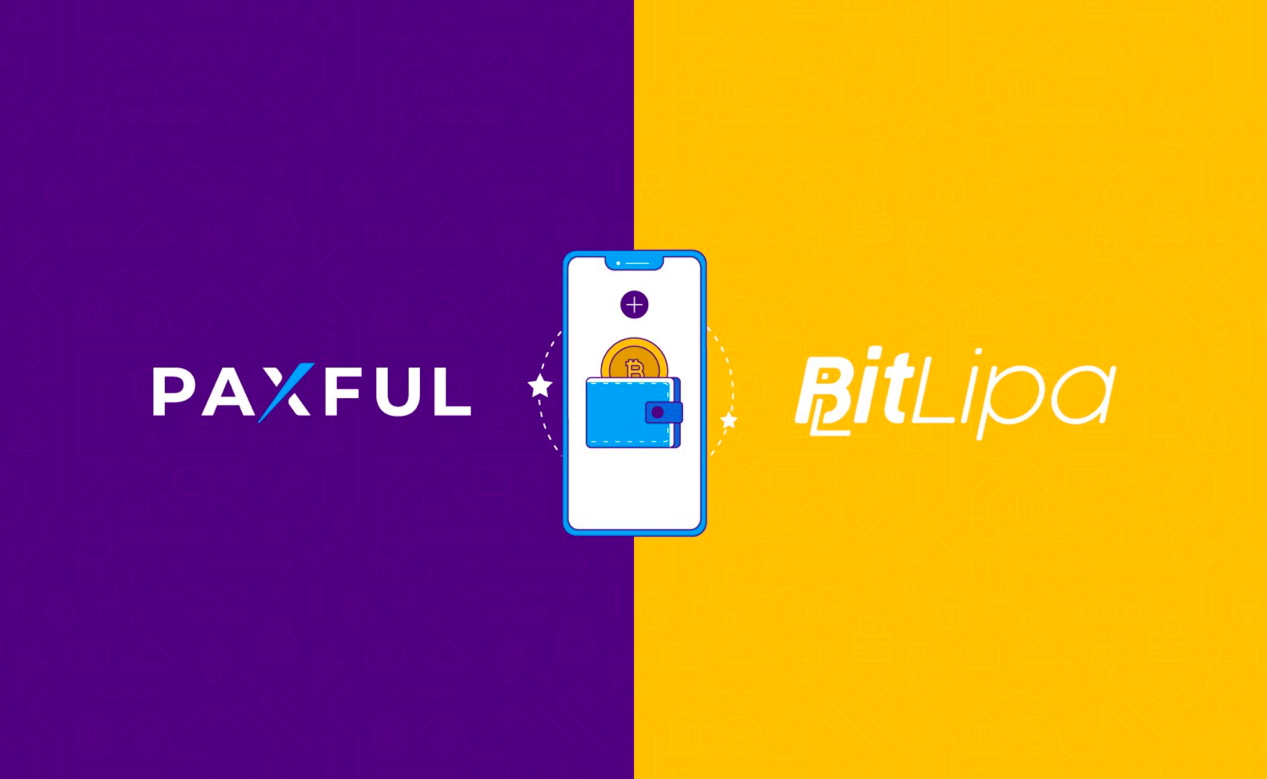Every week, we deliver valuable crypto news to our readers. In this week’s roundup, we highlight the new partnership between Paxful and BitLipa and other interesting stories.
Paxful Partners with BitLipa
Paxful has partnered with BitLipa to add yet another payment method to its list. BitLipa is a Kenyan peer-to-peer remittance network. Through an app, the platform also allows users to convert crypto to local currencies and vice versa. Also, you can send and receive local currency and crypto via BitLipa.
Paxful CEO, Ray Youssef said: “We are proud to partner with BitLipa as we share the same vision and passion for the crypto economy in Africa. We hope to open new opportunities for our users, especially during the COVID-19 pandemic, when financial confidence is most needed.”
Thanks to the partnership, BitLipa users can now buy and sell USDT and BTC on Paxful using this payment method. Also, the company plans to scale its operations in Kenya, Uganda, Ghana, Rwanda, and Tanzania.
“Through the partnership, we are focused on reaching an estimated 60 percent of the African population that is unbanked, and equipping them with the right financial tools. I see Bitcoin as a medium of exchange and a sound investment asset, and this partnership gives mobile money users across Africa access to the greatest financial revolution of our time,” stated Apollo Omer, the CEO of BitLipa.
45 percent of the active users on Paxful are in Africa. This number could increase as the exchange continues adding more African payment methods. Last month, Paxful added Uhuru Wallet as a payment method enabling users in Africa to buy and sell crypto with ease.
Binance Adds New Funding Option for South Africans
 Binance has added a new funding option for South Africans through Silvergate. That means that verified users in South Africa can deposit funds to Binance from their local bank accounts. When using this option, you will deposit funds in USD via a Swift Transfer to the Binance Silvergate bank account.
Binance has added a new funding option for South Africans through Silvergate. That means that verified users in South Africa can deposit funds to Binance from their local bank accounts. When using this option, you will deposit funds in USD via a Swift Transfer to the Binance Silvergate bank account.
The deposit will reflect in your account as Binance USD (BUSD). If you send Binance $500, for example, you will receive 490 BUSD. Binance will charge a fixed deposit fee of $10.
Furthermore, Binance will soon allow SA users to withdraw their BUSD balance as ZAR into their local bank accounts. Note that your bank will determine the forex conversion rates.
Libra Association Rebrands to Diem
The Facebook-backed Libra Association has rebranded to the Diem Association ahead of the 2021 launch. The association has also hired new executives.
The rebranding could be an indication that the project is trying to detach itself from Facebook. After its announcement in 2019, the project received a lot of criticism from financial regulators across the globe. As a result, several partners like PayPal, Visa, and Stripe left the project.
The project has also changed its plans of creating a global cryptocurrency to developing several stablecoins backed by different local currencies.
The CEO of the Diem Association Stuart Levey said: “The Diem project will provide a simple platform for fintech innovation to thrive and enable consumers and businesses to conduct instantaneous, low-cost, highly secure transactions. […] We are excited to introduce […] a new name that signals the project’s growing maturity and independence.”
Yellow Card Crypto Remittances Hit Over $165 Million
Yellow Card, an African crypto platform, has processed crypto remittances of more than $165 million in 2020. 50 percent of this volume comes from Nigeria, the company’s most active market with more than 35,000 merchants.
According to the CEO, Chris Maurice, the figure represents customers that purchase bitcoin with local currencies or convert bitcoin to local currencies.
Besides Nigeria, Yellow Card is available in Kenya, South Africa, Botswana, Cameroon, Uganda, Tanzania, Zambia, and Ghana. The platform enables users to buy and sell bitcoin online. Additionally, people can buy bitcoin from physical stores where merchants have partnered with Yellow Card.
To learn more about Bitcoin, download the Bitcoin Beginner’s Handbook for free.


 Features3 years ago
Features3 years ago
 Bitcoin2 years ago
Bitcoin2 years ago
 Features3 years ago
Features3 years ago
 Features3 years ago
Features3 years ago
 Features3 years ago
Features3 years ago
 Features3 years ago
Features3 years ago
 Features3 years ago
Features3 years ago
 Features7 months ago
Features7 months ago

 Binance has added a new funding option for South Africans through Silvergate. That means that verified users in South Africa can deposit funds to Binance from their local bank accounts. When using this option, you will deposit funds in USD via a Swift Transfer to the Binance Silvergate bank account.
Binance has added a new funding option for South Africans through Silvergate. That means that verified users in South Africa can deposit funds to Binance from their local bank accounts. When using this option, you will deposit funds in USD via a Swift Transfer to the Binance Silvergate bank account.



















 Central African Republic (CAR) has set up a 15-member committee that will be responsible for developing a bill on the use of cryptocurrencies and tokenization in the region.
Central African Republic (CAR) has set up a 15-member committee that will be responsible for developing a bill on the use of cryptocurrencies and tokenization in the region.
